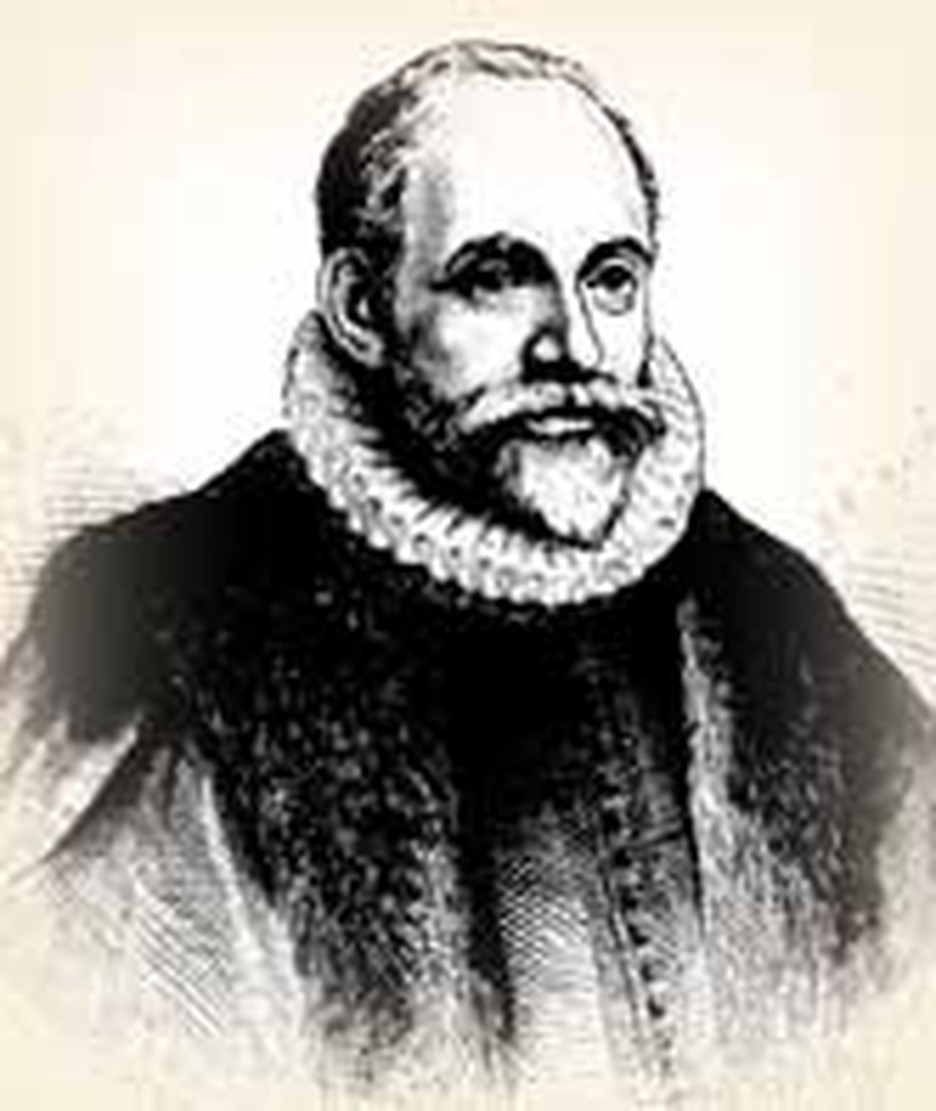
After a lengthy exchange of letters, the curators and burgomasters of Leiden officially appointed Jacobus Arminius Professor of Theology at their university on this day, May 8, 1603. When first proposed for the position, Arminius doubted he would take the job. He had formed loving ties with his flock in Amsterdam. Furthermore, he found theological research a hindrance to his growth in personal sanctity. His working relationship with Amsterdam's authorities was good and he seldom found it necessary to oppose them for the sake of conscience. Most importantly, he had a lifelong contract with Amsterdam which he could not simply break.
Arminius was Amsterdam's favorite minister. He had served there fifteen years. Yet the possibility of appointment to Leiden raised the question of his orthodoxy. Calvin and Beza taught that Romans 7 referred to a regenerate man. Arminius held that it was the description of an unregenerate person. His chief opponent in Leiden, Franciscus Gomarus, confessed he had never read Arminius' work. After Arminius explained his views, Gomarus agreed they were defensible if not the interpretation he preferred. Arminius showed that his position had been held by a score of eminent theologians from church history. Everyone was appeased.
Amsterdam was persuaded to release Arminius. The city promised to provide his widow a pension should he die before her and they gave him a substantial parting gift. His appointment had cleared its last hurdle.
Arminius had not seen the last of controversy, however. At Leyden he became embroiled in theological arguments not of his own choosing. He was compelled by the lecture schedule to speak on predestination, a topic on which his views were already suspect to strict Calvinists. His lecture consisted almost entirely of scripture with minimal comment. Arminius' careful pastiche of scriptural quotes did not follow the Calvinist line as closely as they desired and the Calvinists challenged him. Strict Calvinists believe Christ died only for the elect. Arminius held Christ died for all (although not all would be saved). "Let those who reject the [teaching that Christ paid the price for the sins of all men] consider how they can answer the following scriptures, which declare that Christ died for all men..." He also said people have genuine free will and grace is resistible. The Calvinist views seemed to preclude free will because they said grace is irresistible.
Arminius tried hard to keep peace, even deliberately withholding some of his views. He tested each of his points to make sure none nullified the doctrine of salvation by faith. Furthermore he was careful to avoid anything which smacked of Pelagianism. He never denied predestination. All was by God's choice. God predestined those he knew would obey him in faith.
After his death, Arminius' views were condemned by the Calvinist majority at the Synod of Dort. But in 1795 the Dutch recognized them as a legitimate interpretation of scripture. Many notable Protestants have held Arminian views, including the Wesleys. Protestant groups are often divided into Arminians and Calvinists.
Bibliography:
- "Arminianism," and "Dort, Synod of," in The Oxford Dictionary of the Christian Church," edited by F. L. Cross and E. A. Livingstone. (Oxford, 1997).
- Arminius, James. The Writings of James Arminius. Translators James Nichols and W. R. Bagnall.(Grand Rapids, Michigan: Baker Book House, 1956).
- Bangs, Carl. Arminius. (Nashville: Abingdon Press, 1971).
- Hunt, Dave. What Love Is This? Calvinism's misrepresentation of God. (Sister, Oregon: Loyal, 2002).
- Loughlin, James F. "Arminianism. The Catholic Encyclopedia. (New York: Robert Appleton, 1914).
Last updated April, 2007.







